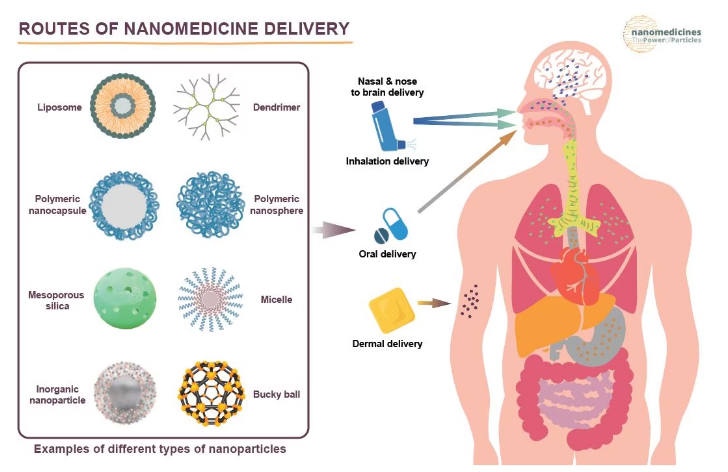Interpersonal Therapy (IPT) is a type of therapy that focuses on the relationships between individuals and how they affect their mental health. It is a brief and structured therapy that typically lasts between 12 to 16 sessions.
IPT typically involves four main components:
- Assessment: The therapist assesses the patient’s current interpersonal relationships, identifies problems, and sets goals for therapy.
- Focus on current relationships: IPT focuses on current interpersonal relationships and how they contribute to the patient’s mental health problems.
- Development of interpersonal skills: The therapist helps the patient develop new interpersonal skills to improve relationships and better manage emotions.
- Termination: The therapist and patient review progress and develop a plan for maintaining gains made during therapy.
How Does Interpersonal Therapy Work?
Interpersonal Therapy (IPT) works by addressing interpersonal problems and improving interpersonal relationships that contribute to a person’s mental health issues. It is based on the idea that psychological problems often arise from difficulty in forming and maintaining relationships with others.
IPT is usually conducted in a structured and time-limited manner, typically consisting of 12-16 sessions over a period of 3-6 months. The therapist works collaboratively with the client to identify and address specific interpersonal problems, such as conflicts with others, grief, or role transitions.
Types of Interpersonal Therapy
There are two main types of interpersonal therapy (IPT):
- IPT for Depression: This type of IPT is primarily used to treat major depressive disorder. It focuses on improving interpersonal relationships and communication, which in turn helps alleviate depressive symptoms. The therapist works with the patient to identify the specific life events or interpersonal issues that may have triggered the depression and helps the patient develop strategies to address them.
- Treatment for Eating Disorders: Bulimia, anorexia, and binge-eating disorder are just a few of the eating disorders that are treated with this sort of IPT. The emphasis is on assisting the patient in comprehending how interpersonal concerns or problems may be influencing the eating disorder. To address the underlying difficulties, the therapist works with the patient to improve interpersonal communication and establish appropriate coping mechanisms.
In addition to these two main types, IPT can also be used to address other mental health issues, such as anxiety, post-traumatic stress disorder (PTSD), and substance abuse.
Benefits of Interpersonal Therapy
Interpersonal therapy (IPT) has several benefits for individuals seeking treatment for mental health issues. Some of the benefits of interpersonal therapy are:
- Focus on Relationships: IPT focuses on the individual’s relationships, social support, and communication skills. The therapy helps individuals to improve their interpersonal skills and relationships by addressing problems in a supportive environment.
- Short-Term Treatment: IPT is a short-term therapy that generally lasts for 12-16 weeks. It is a structured therapy that is focused on specific goals, which makes it a time-limited and goal-oriented treatment.
- Evidence-Based Treatment: IPT is a well-researched and evidence-based treatment that has been found to be effective in treating several mental health issues. It has been shown to be effective in treating depression, anxiety disorders, eating disorders, and other mental health issues.
- Collaborative and Supportive: IPT is a collaborative and supportive therapy that helps individuals to identify and address their problems. The therapist provides emotional support, feedback, and guidance, which helps the individual to make positive changes in their life.
- Improvement in Symptoms: IPT has been found to be effective in reducing symptoms of depression, anxiety, and other mental health issues. It helps individuals to improve their emotional well-being, quality of life, and relationships.
Overall, IPT is an effective therapy that helps individuals to improve their interpersonal skills, relationships, and emotional well-being.
Interpersonal therapy techniques
Interpersonal therapy (IPT) employs several techniques to help individuals improve their relationships and manage their emotions. Some of the most common techniques used in IPT include:
- Identify and explore emotions: In IPT, individuals are encouraged to identify and explore their emotions, especially the difficult ones such as anger, sadness, and grief. Through this process, they learn to recognize the connection between their emotions and their relationships.
- Role-playing: Role-playing is used in IPT to help individuals practice new communication skills and learn to assert their needs in their relationships. Role-playing allows individuals to experience different scenarios and work on different responses to improve their communication skills.
- Communication analysis: Communication analysis is a technique used in IPT to help individuals identify communication patterns that may be contributing to relationship difficulties. Through this technique, individuals can recognize how their communication styles affect their relationships and develop new strategies to improve communication.
- Problem-solving: In IPT, problem-solving techniques are used to help individuals identify and resolve specific problems in their relationships. This technique can help individuals learn to approach problems collaboratively and develop effective solutions.
- Building support networks: Building support networks is a key aspect of IPT. Individuals are encouraged to develop new social connections and strengthen existing ones. This can help them improve their relationships and increase their sense of support and belonging.
conclusion
In conclusion, Interpersonal Therapy (IPT) is a short-term therapy that aims to address interpersonal issues that contribute to mental health problems. It works by helping clients to understand and improve their relationships with others, as well as to develop coping skills and address life changes that may be impacting their mental health
You can find the top mental health specialists on TalktoAngel. Using a search engine could help you locate the assistance you require. “online therapist India” or best psychologist in India






